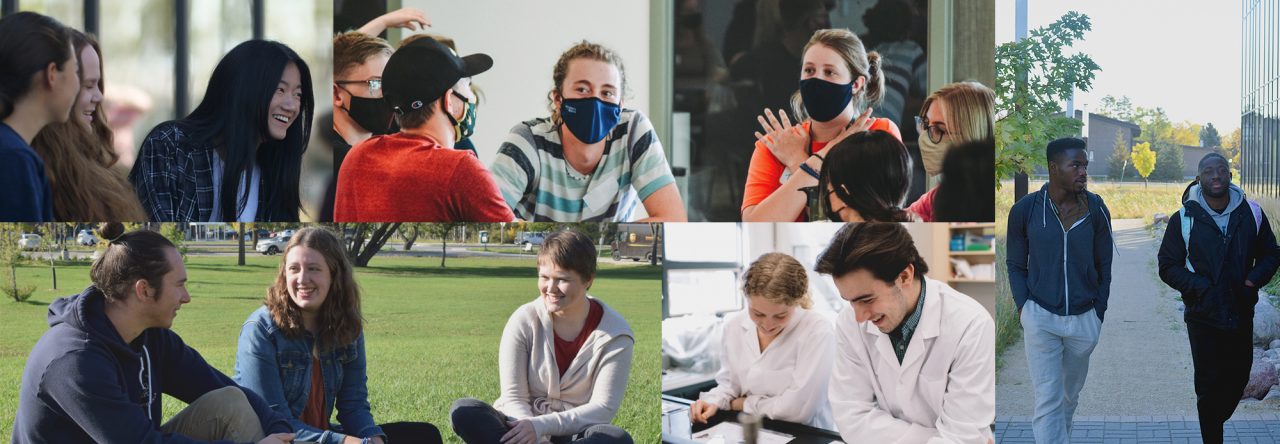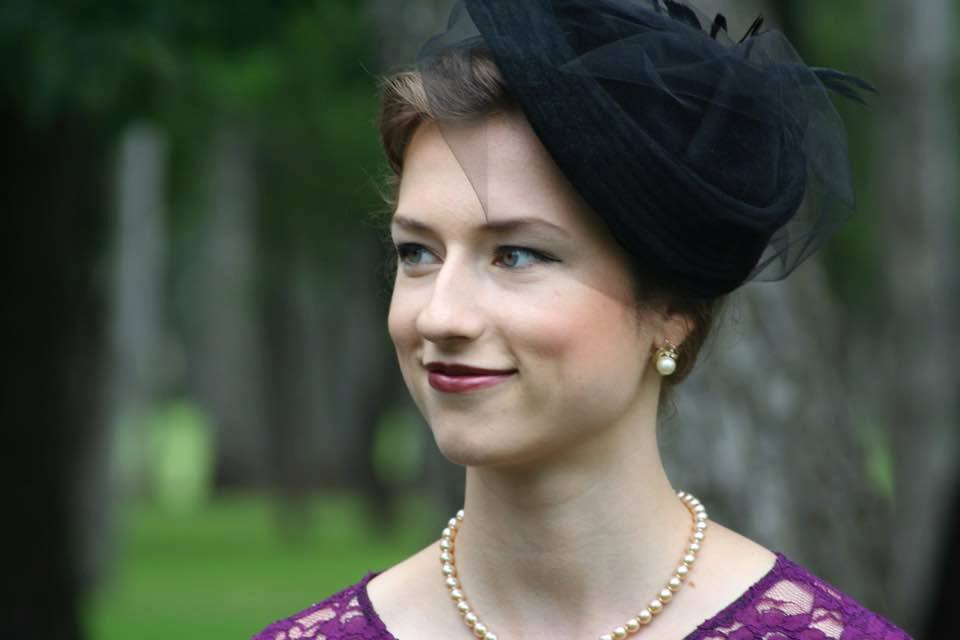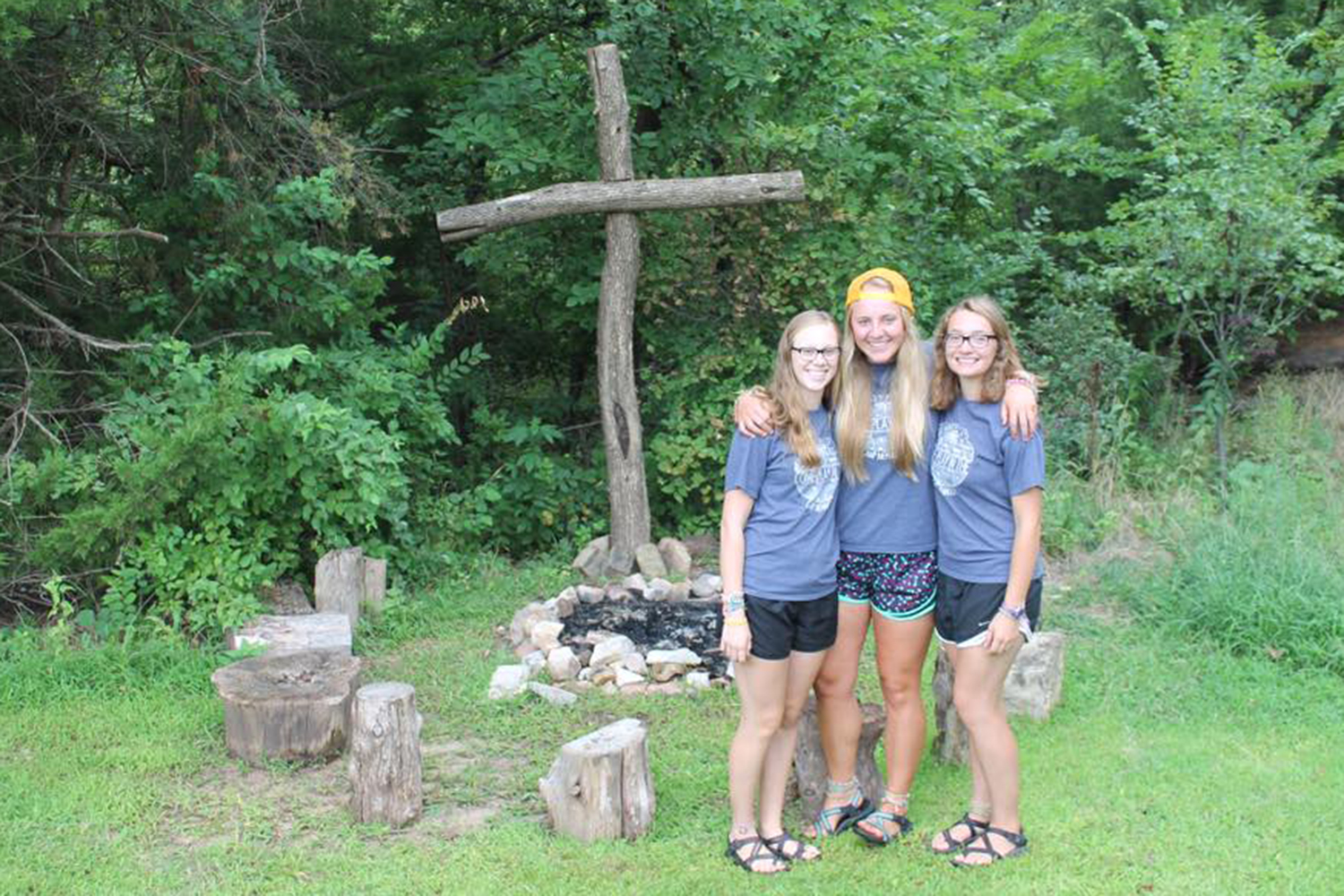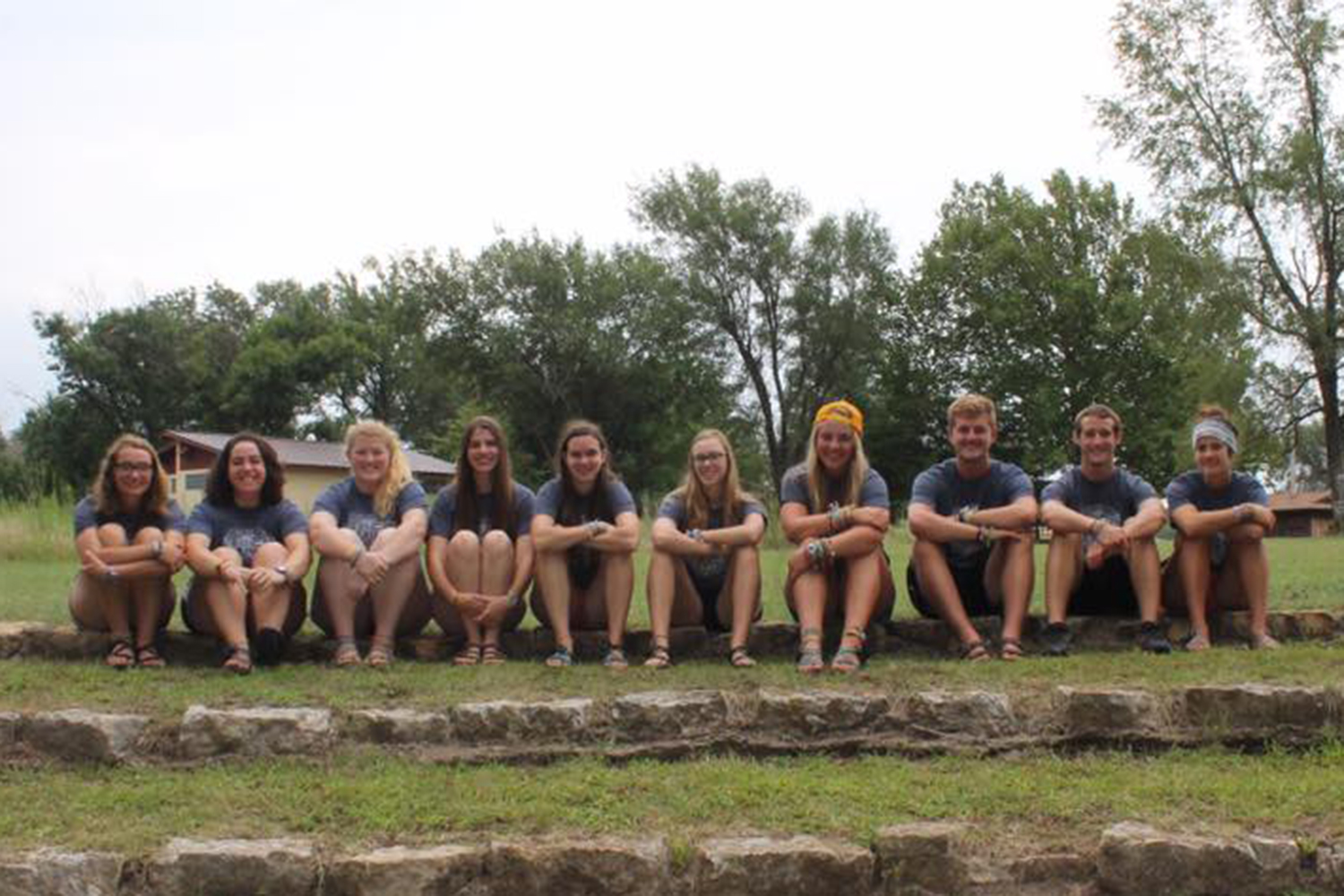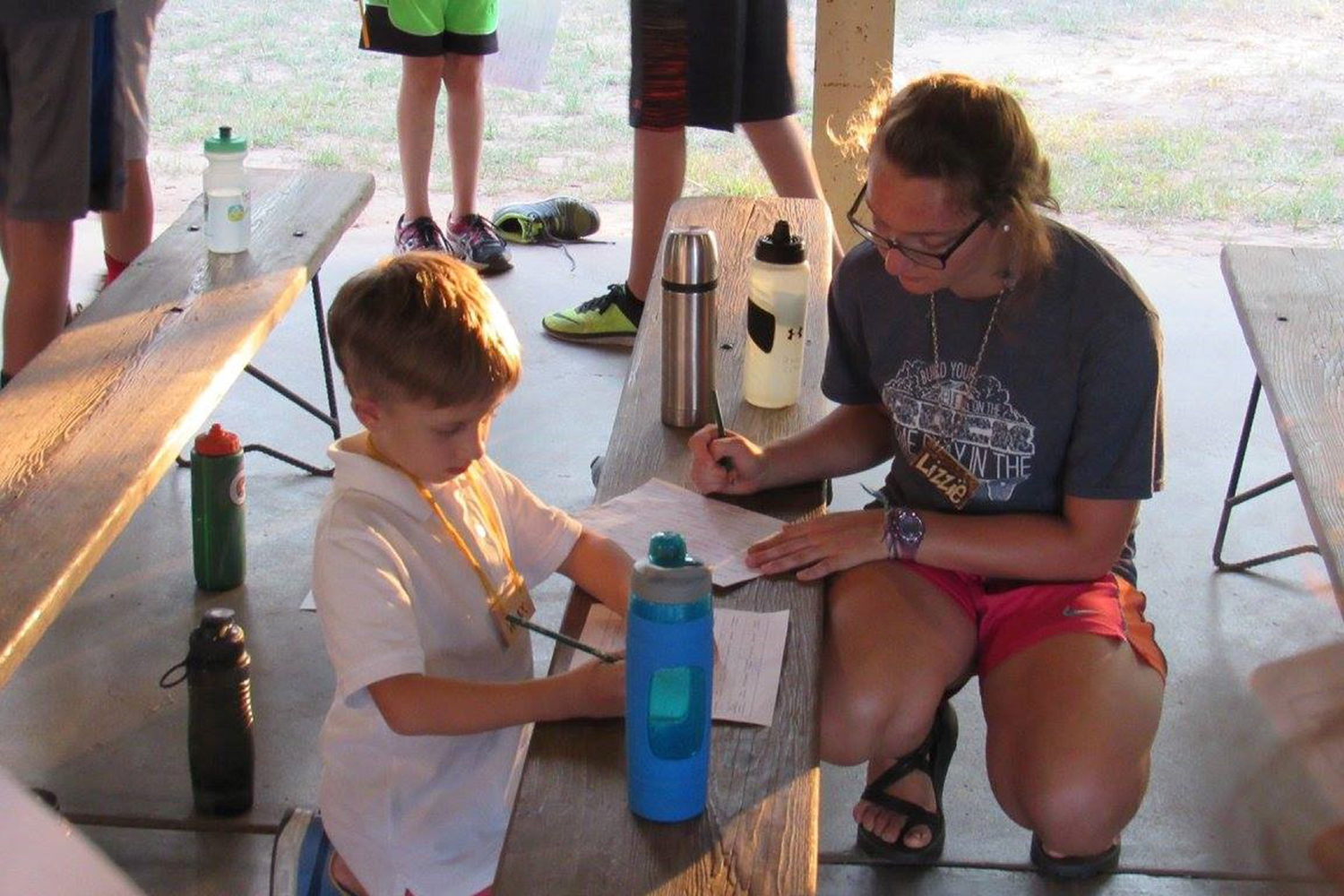University is a fantastic experience…but your bank account might try to convince you otherwise after you’ve spent a semester or two in school.
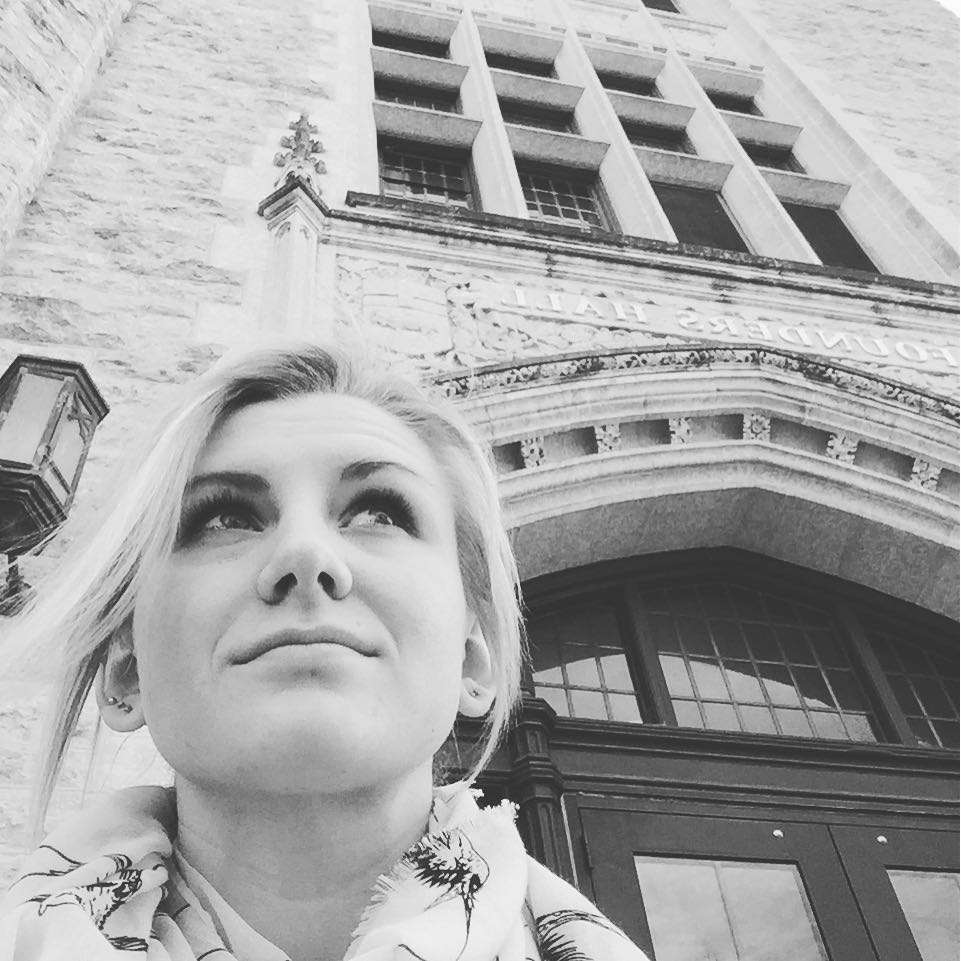
For a student moving away from home, expenses go beyond paying for school and textbooks. The cost of living, groceries, gas tanks, and more, dig deep into the bank account and can be extremely intimidating. How are you ever going to make that much in one summer? Well I can assure you there are resources to help you cover the costs of university.
Scholarships that I have received have provided a source of relief and comfort during my time at CMU. This past summer I had the opportunity to work for a drop-in centre that provided snacks, supper, and day programs for children in the north end. This opportunity was rewarding in countless ways, and truly helped me develop skills in areas that will help me in my career as a music therapist. Yet, in this position, I was not able to earn enough to pay for even one semester. In making the decision to pursue experience in this field, I sacrificed a comfortable, high-paying job and free rent at home.
After paying rent for the whole summer, I barely broke even. But it was during this time that I experienced firsthand God’s love and provision. I received a letter informing me that I was being awarded a CMU academic excellence award, in addition to a generous scholarship from a CMU donor. This aided in covering my tuition expenses and fees, along with the cost of living as an out-of-province student.
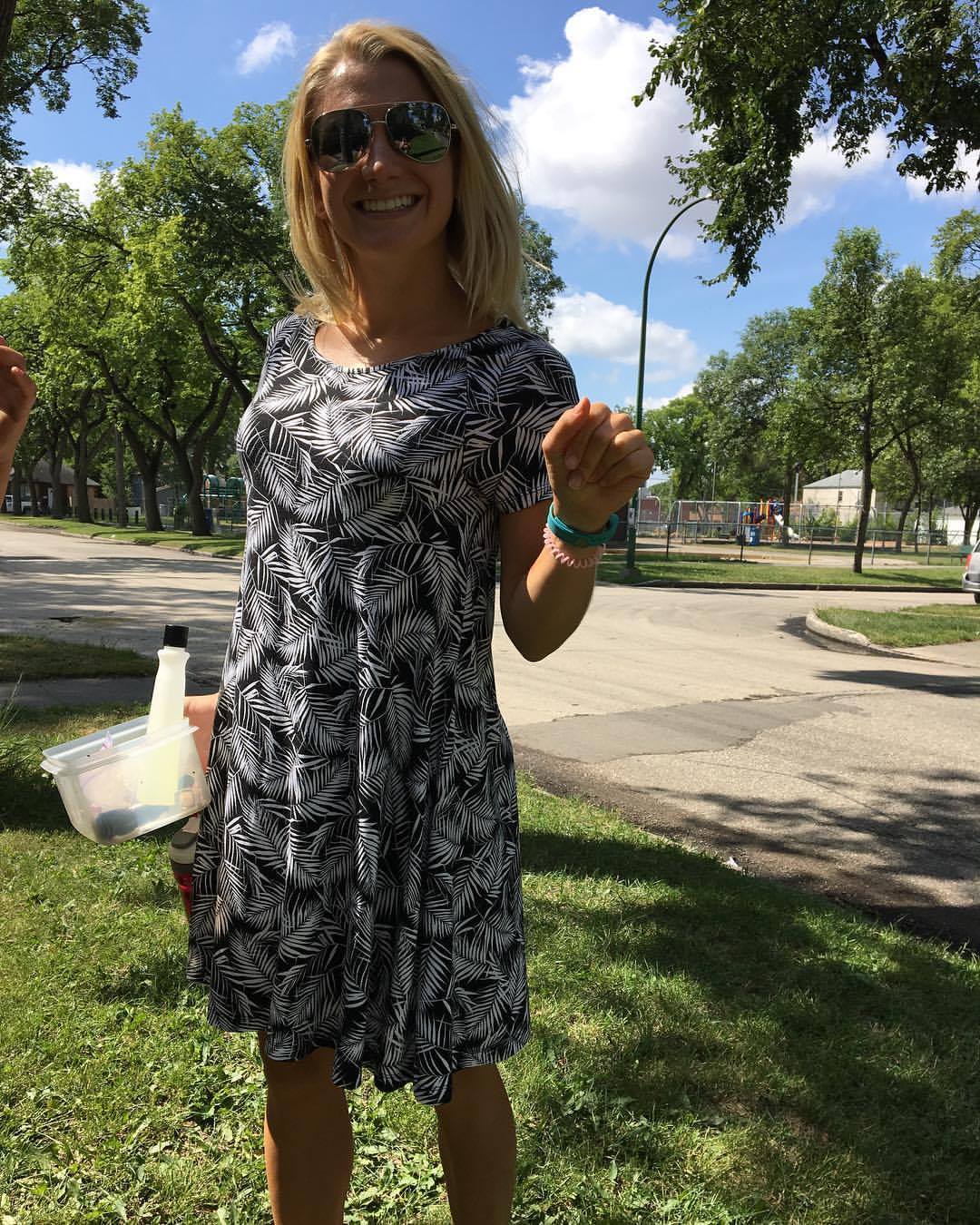
This summer was a time of relying on God to provide the means for me to continue studying at CMU. The day I received the letters outlining the scholarships I had been awarded, I remember calling my parents and laughing about the concerns that had us anxiously praying months previous. Scholarships are so much more than just a basis for financial support. They are a source of hope and confidence. Some generous person is showing they believe in you through their willingness to help you on your journey.
Use the tools and resources available to you, and don’t be afraid to reach out and ask for help by applying for scholarships. The funds you receive might just be the hope and confidence you need to kick-start your dreams.
Lacey Siemens is in her first year of a music therapy degree at CMU.

